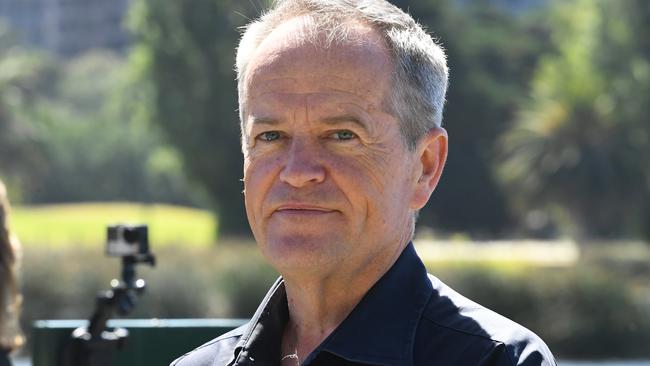Just say no to drugs and tests
The debate, such as it is, over drug testing at music festivals features an extraordinary amount of misinformation and misconceptions.
The debate, such as it is, over drug testing at music festivals features an extraordinary amount of misinformation and misconceptions.
Among those misconceptions is that drug testing would improve the safety of young people taking drugs at such events.
FESTIVALS FACE CLOSURE IN DRUGS CRACKDOWN
Even if testing was able to provide quick and reliable results amid the decidedly non-sterile atmosphere of a music festival, all that such testing could do is at most determine what chemical components are within a submitted tablet.
Supporters of drug testing believe deaths could be reduced if impurities are found. What they clearly miss is that the drugs themselves are the impurities.
A test that shows an MDMA tablet to be a 100 per cent pure MDMA tablet does not mean that the tablet is safe. It means it is an MDMA tablet and that consuming it may be fatal.
NSW Poisons Information Centre toxicologist Professor Andrew Dawson explains that MDMA causes a potentially deadly body temperature spike.

“Normally, what will happen to people is that they will often get increasingly agitated, they can then become confused and that’s often a sign they already have a temperature,” he told The Daily Telegraph. No impurities required.
Testing advocates assume it should be a government responsibility. That is, they believe that the government should test substances the government has determined are dangerous to the point of illegality.
Putting aside the absurdity of that situation, why are the cashed-up organisers of music festivals not arranging their own drug testing? Ignore, for a moment, the obvious legal complications and consider instead who is actually directly responsible for the wellbeing of music festival attendees.
If organisers of events that are more like drug festivals with a small musical aspect wish to continue profiting from these events, let them invest in the safety of their clients.
After all, testing advocates assume testing is such a simple matter that all it requires is government approval. If this is the case, then it ought to be just as straightforward for organisers to arrange their own on-site testing facilities
Beyond a certain point the whole debate becomes uselessly complex. But there is one easy way to deal with the entire issue.
Don’t take drugs.
Border Bill’s strong words

Labor leader Bill Shorten yesterday made his strongest comments yet on the subject of illegal immigration.
Responding to Home Affairs Minister Peter Dutton’s claim that boat arrivals would be a “certainty” if Labor is elected this year, Shorten denounced that view as dishonest.
“We do support strong borders,” Shorten added.
“We will do everything we can to stop the people smugglers getting back into business.”
Note Shorten’s words. He is now bound to them. Neither Labor nor Australia needs a repeat of the Rudd/Gillard years.
Wrong Australia policy
Union disquiet over legitimate foreign labour recalls one of our nation’s more backward eras.
The White Australia policy arose from worker concerns that their jobs were threatened by inexpensive Chinese labour.
Belief in “Australia for the white man” was particularly prevalent throughout unions.
It was not until the post-war Menzies government that the White Australia policy began to be dismantled. Certain Labor fans are to this day surprised to learn that their party was on the wrong side of history.
An echo of that time may now be heard in a union proposal to eliminate or restrict working holiday visas.
The ACTU is calling for a cap on the number of such visas plus a ban on job ads for working holiday visa holders.
It isn’t exactly a White Australia policy, but it definitely would limit the ability of non-Australians to work here. And, crucially, the union proposal would impact severely upon employers who are reliant on seasonal labour.
Again, the union movement is on the wrong side.


